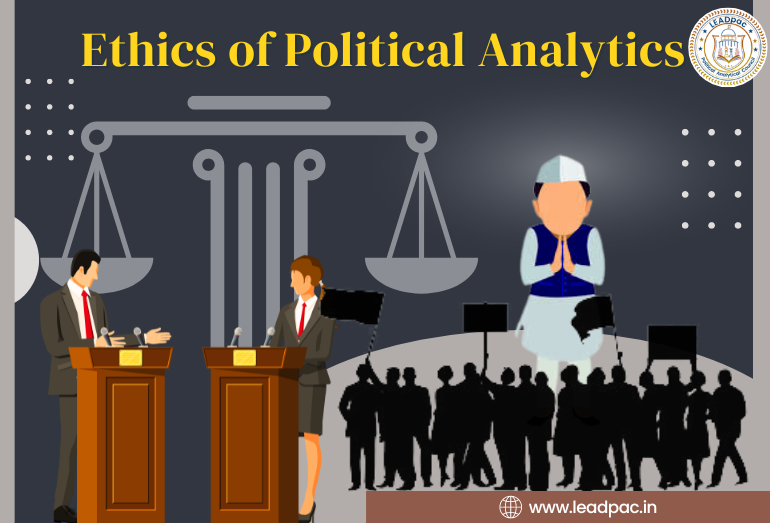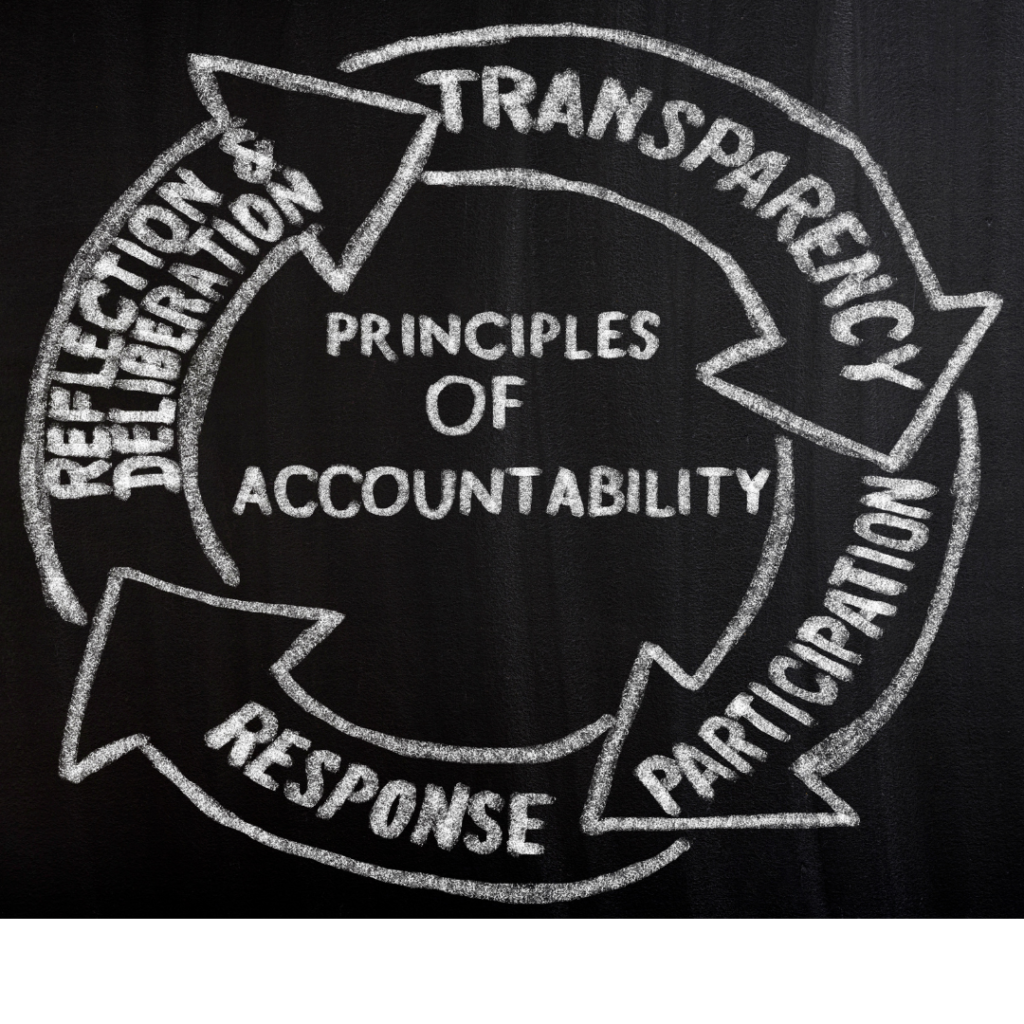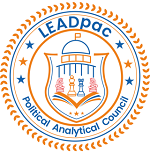The Ethics of Political Analytics

In the contemporary political landscape, data analytics has become an indispensable tool for political campaigns, policymakers, and researchers. By harnessing vast amounts of data, political entities can gain profound insights into voter behaviour, preferences, and trends, allowing for more targeted and effective strategies. However, the rise of Political Analytics brings with it a host of ethical concerns that must be addressed to ensure the integrity of democratic processes and the protection of individual rights.

Privacy Concerns
One of the primary ethical issues in political analytics is the potential violation of individual privacy. Political campaigns often collect and analyse data from a variety of sources, including social media activity, online behaviour, and public records. This data can be used to create detailed profiles of voters, which can then be targeted with personalized messages. While this can make campaigns more efficient and tailored to voters’ interests, it also raises significant privacy concerns. Individuals may be unaware of the extent to which their data is being collected and used, and they may not have given explicit consent for such use.
The ethical principle of informed consent is crucial here. Voters should be aware of what data is being collected about them, how it is being used, and for what purposes. Transparency from political campaigns and data brokers is essential to maintain trust and respect for voter autonomy.
Another significant ethical concern is the potential for manipulation and undue influence. Political analytics can be used to identify and exploit psychological and emotional triggers to sway voter opinions and behaviours. This can lead to the spread of misinformation or the use of fear-mongering tactics, undermining the democratic process by manipulating voters rather than informing them.
Ethical political analytics should prioritize the dissemination of truthful and accurate information. Campaigns should strive to engage voters through honest dialogue and genuine engagement rather than through manipulation and deceit.
Manipulation and Influence

Data Security
The security of voter data is another critical ethical issue. Political campaigns often handle large volumes of sensitive data, making them attractive targets for cyberattacks. Breaches of this data can lead to identity theft, harassment, and other harms to individuals. Ensuring robust data security measures are in place is not just a legal obligation but an ethical one, to protect the privacy and integrity of voter information.

Another significant ethical concern is the potential for manipulation and undue influence. Political analytics can be used to identify and exploit psychological and emotional triggers to sway voter opinions and behaviours. This can lead to the spread of misinformation or the use of fear-mongering tactics, undermining the democratic process by manipulating voters rather than informing them.
Ethical political analytics should prioritize the dissemination of truthful and accurate information. Campaigns should strive to engage voters through honest dialogue and genuine engagement rather than through manipulation and deceit.
Equity and Fairness


Accountability
Lastly, accountability in the use of political analytics is paramount. There must be mechanisms in place to hold political campaigns and data brokers accountable for unethical practices. This includes regulatory oversight, ethical guidelines, and self-regulation within the industry. Political entities must be transparent about their data practices and willing to take responsibility for any misuse of data.
Conclusion
The ethics of political analytics is a complex and evolving field, requiring careful consideration of privacy, manipulation, security, equity, and accountability. As technology continues to advance, it is crucial that political campaigns and data analysts adhere to ethical standards that respect voter rights and promote the integrity of the democratic process. By prioritizing ethical considerations, political analytics can be a powerful tool for positive engagement and informed decision-making in the political sphere.

Add a Comment